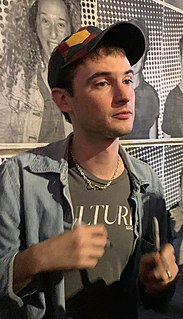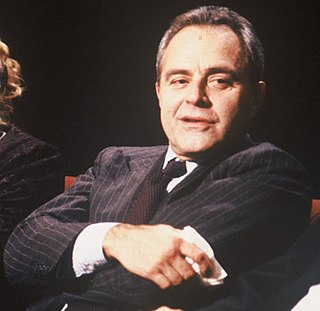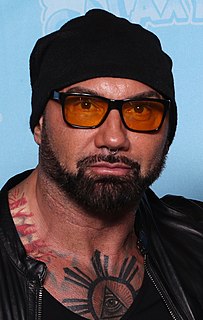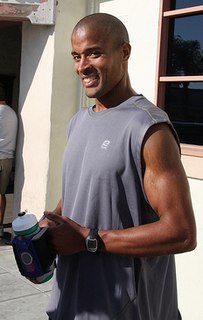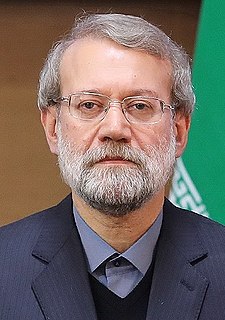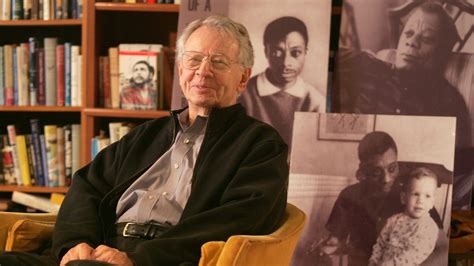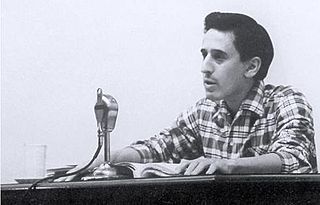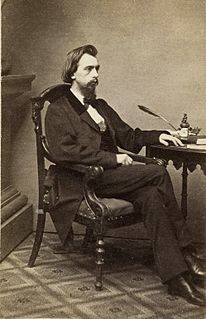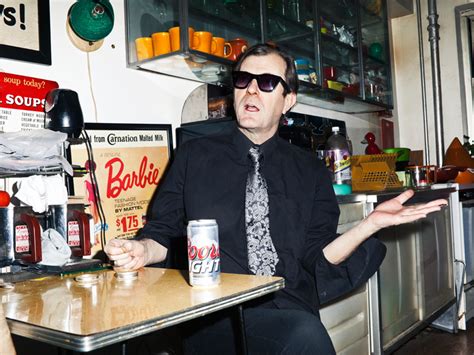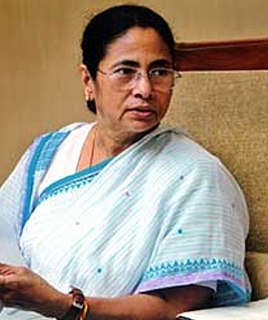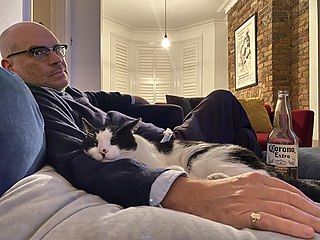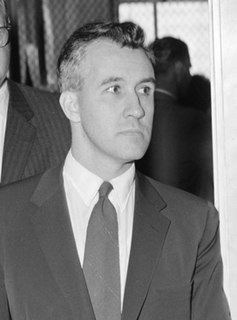Top 1200 Political Dialogue Quotes & Sayings - Page 3
Explore popular Political Dialogue quotes.
Last updated on November 23, 2024.
Even the way Mamet describes silences within his plays is different. There are pauses; there are pauses within parentheses; there are pauses before dialogue; there are pauses in the spaces between the dialogue - there's this extraordinary vocabulary of silence which is all there on the page, mapped out.
The pressure is always stepping on stage with actors who are just so well-established. It's a scary thing. I haven't been around the block that many times, especially not on big projects. Dialogue makes things easier. When you start bouncing dialogue off of other actors, it becomes comfortable; it becomes conversational.
There is no other way to settle the Syrian conflict other than by strengthening the existing legitimate government agencies, support them in their fight against terrorism and, of course, at the same time encourage them to start a positive dialogue with the "healthy" part of the opposition and launch political transformations.
What must novel dialogue . . . really be and do? It must be pointed, intentional, relevant. It must crystallize situation. It must express character. It must advance plot. During dialogue, the characters confront one another. The confrontation is in itself an occasion. Each one of these occasions, throughout the novel, is unique.
Majorities are of two sorts: (1) communal majority and (2) political majority. A political majority is changeable in its class composition. A political majority grows. A communal majority is born. The admission to a political majority is open. The door to a communal majority is closed. The politics of political majority are free to all to make and unmake. The politics of communal majority are made by its own members born in it.
That Iran is willing to threaten Israel is wrong[. . . .] We pose no threat and if we are conducting nuclear research and development we are no threat to Israel. We have no intention of aggression against any country. [. . .] Today we announce to you that the political will of Iran is aimed at the negotiated settlement of the case and we dont want to aggravate the situation in our region[. . . .] We know that this issue can be settled in a constructive dialogue and we welcome that.
When I first started writing plays I couldn't write good dialogue because I didn't respect how black people talked. I thought that in order to make art out of their dialogue I had to change it, make it into something different. Once I learned to value and respect my characters, I could really hear them. I let them start talking.
I am certain that I have been here as I am now a thousand times before, and I hope to return a thousand times... Man is a dialogue between nature and God. On other planets this dialogue will doubtless be of a higher and profounder character. What is lacking is Self-Knowledge. After that the rest will follow.
Very, that show is crazy. It was like doing finals every week. It was interesting. I really learned a lot. The dialogue is so technical. I was so impressed watching the other actors and how they managed, so I studied them. And I was blown away thinking: "How do they do that? How do they put that extra spin on the complicated dialogue to make it interesting?
I have always had a deep belief that every movie, every artistic expression, is political. Don't be fooled. Even ones that we wouldn't consider overtly political are political. When we spend time doing anything, whether it's distraction or whether it's something that we have to face, it is always political. That's my belief.
We all have an ongoing narrative inside our heads, the narrative that is spoken aloud if a friend asks a question. That narrative feels deeply natural to me. We also hang on to scraps of dialogue. Our memories don’t usually serve us up whole scenes complete with dialogue. So I suppose I’m saying that I like to work from what a character is likely to remember, from a more interior place.
If you're going to make a film, and you're going to have dialogue, and you want to take the characters seriously, let's understand what they're saying. If there is going to be technical dialogue, let's render it in a way that the audience can understand it and expect that it's not going to be so far over their heads.
The average person doesn't understand what a stem cell is. There's a lack of health literacy in our nation. So the public can't really get into this dialogue because they don't understand the complexity of stem cells, not the faith-based approach, not the ideological or political, but the science behind stem cells.
Now the good of political life is a great political good. It is not a secular good specified by a comprehensive doctrine like those of Kant or Mill. You could characterize this political good as the good of free and equal citizens recognizing the duty of civility to one another: the duty to give citizens public reasons for one's political actions.
Taking a comic strip character is very hard to write. Because comics are meant to work in one page, to work in frames with minimalistic dialogue. And a lot of it is left to the imagination of the reader. To do that in film, you've got to be a little more explanatory. And that requires a good screenplay and good dialogue.
Do remember, though, that unless you're a playwright, the result [dialogue] isn't what you want; it's only an element of what you want. Actors embody and re-create the words of drama. In fiction, a tremendous amount of story and character may be given through the dialogue, but the story-world and its people have to be created by the storyteller. If there's nothing in it but disembodied voices, too much is missing.
So long as human history continues, we will face the perennial challenge of realizing, maintaining and strengthening peace through dialogue, of making dialogue the sure and certain path to peace. We must uphold and proclaim this conviction without cease, whatever coldly knowing smiles or cynical critiques may greet us.
I like Quentin Tarantino, especially the early films, but I'm a big fan of Billy Wilder and Preston Sturges... you know, people were writing great dialogue back then. It's as if people only have the memory of the last 15 years. So, before Tarantino no one was writing witty dialogue? That's ridiculous. Why do we have to keep referring to Tarantino?
I believe very much in a dialogue between buildings - I believe it's always been there. I think buildings have different identities and live very well next to each other. We always have the shock of the new, and that's fine. The renaissance style is totally different from the medieval, and they have a dialogue across time.
When I'm writing a script, before I can write dialogue or anything, I have two or three hundred pages of notes, which takes me a year. So, it's not like "what happens next." I've got things that I'm thinking about but I don't settle on them. And if I try to write dialogue before then, I can't. It's just garbage.
I think I've always been extremely conscious of the kind of empowerment that comes from realizing that you're in a position to express yourself. And the fact is that - and this is the thing about punk rock - that everyone is in a position to create culture, and that point has never been lost on me. To me, that's an important political aspect of doing this, and trying to live in a way that's about dialogue as opposed to like... spectacle.
Of course, no state accepts [that it should call] the people it is imprisoning or detaining for political reasons, political prisoners. They don't call them political prisoners in China, they don't call them political prisoners in Azerbaijan and they don't call them political prisoners in the United States, U.K. or Sweden; it is absolutely intolerable to have that kind of self-perception.
More and more of the Taiwanese economy is connected with the mainland. There are more and more exchanges taking place. There's no reason to doubt that over a period of ten years or so, or maybe more, the conditions of life on the two sides of the Taiwan Strait will become more comparable, and the dialogue on the political level therefore easier.
So, I think that for the authorities to say now that calling for sanctions will prevent dialogue is a ploy to stop us from supporting sanctions. It has to be the other way around: dialogue first, then we stop our call for sanctions, because sanctions make people understand that you cannot exercise repression and at the same time expect international support.

